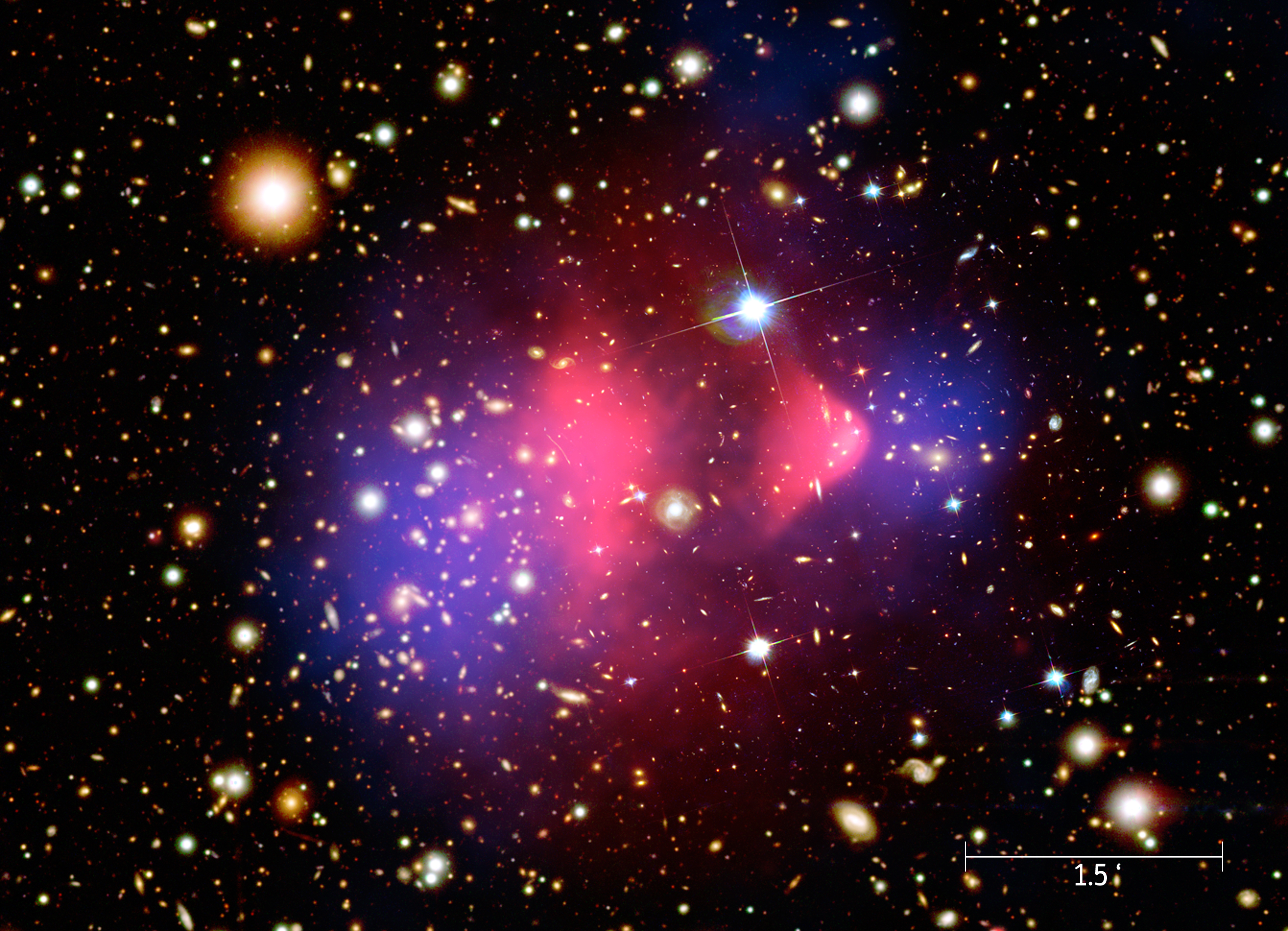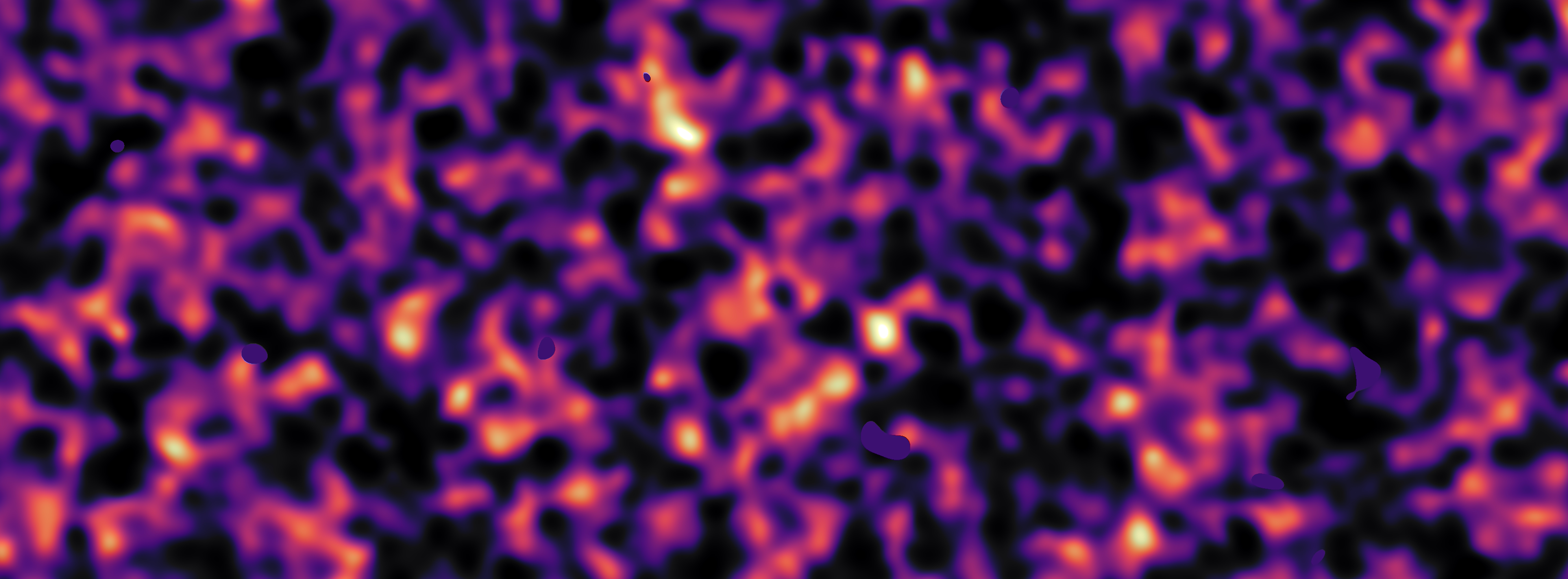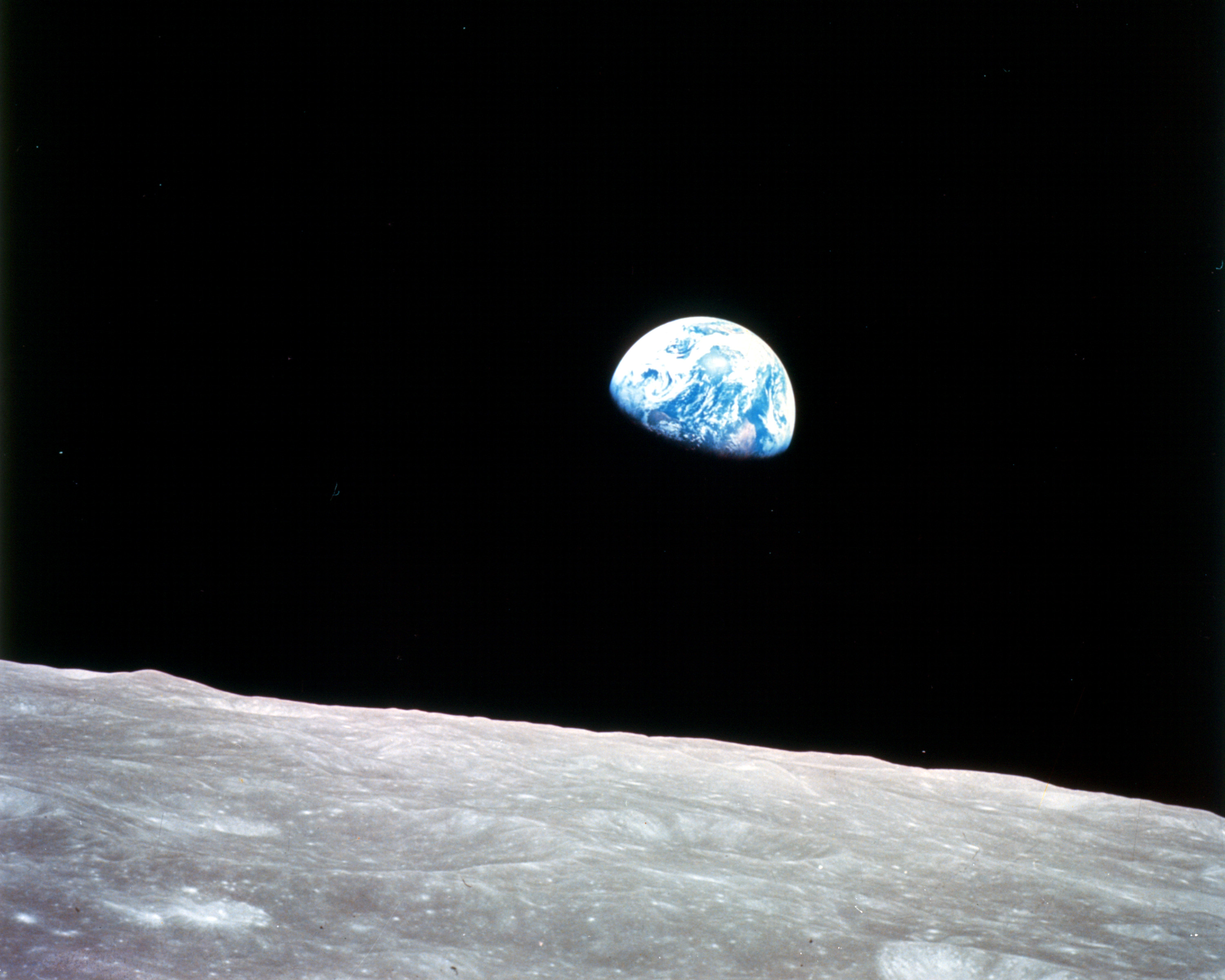Dark matter (Astronomy)
Enlarge text Shrink text- Work cat.: Tucker, W.H. The dark matter : contemporary science's quest ... in our universe, 1988.
- Facts file dict. astron.(Matter that comprises 90% of the mass of the universe but is undetectable except by its gravitational effects.)
- INIS: Thes.(Prefers: Nonluminous matter; also, see references: Unobserved matter; Unseen matter)
- LC database, Nov. 16, 1987.
- NASA(Dark matter)
In astronomy, dark matter is an invisible and hypothetical form of matter that does not interact with light or other electromagnetic radiation. Dark matter is implied by gravitational effects which cannot be explained by general relativity unless more matter is present than can be observed. Such effects occur in the context of formation and evolution of galaxies, gravitational lensing, the observable universe's current structure, mass position in galactic collisions, the motion of galaxies within galaxy clusters, and cosmic microwave background anisotropies. Dark matter is thought to serve as gravitational scaffolding for cosmic structures. After the Big Bang, dark matter clumped into blobs along narrow filaments with superclusters of galaxies forming a cosmic web at scales on which entire galaxies appear like tiny particles. In the standard Lambda-CDM model of cosmology, the mass–energy content of the universe is 5% ordinary matter, 26.8% dark matter, and 68.2% a form of energy known as dark energy. Thus, dark matter constitutes 85% of the total mass, while dark energy and dark matter constitute 95% of the total mass–energy content. While the density of dark matter is significant in the halo around a galaxy, its local density in the solar system is much less than normal matter. The total of all the dark matter out to the orbit of Neptune would add up about 10^17 kg, the same as a large asteroid. Dark matter is not known to interact with ordinary baryonic matter and radiation except through gravity, making it difficult to detect in the laboratory. The most prevalent explanation is that dark matter is some as-yet-undiscovered subatomic particle, such as either weakly interacting massive particles (WIMPs) or axions. The other main possibility is that dark matter is composed of primordial black holes. Dark matter is classified as "cold", "warm", or "hot" according to velocity (more precisely, its free streaming length). Recent models have favored a cold dark matter scenario, in which structures emerge by the gradual accumulation of particles. Although the astrophysics community generally accepts the existence of dark matter, a minority of astrophysicists, intrigued by specific observations that are not well explained by ordinary dark matter, argue for various modifications of the standard laws of general relativity. These include modified Newtonian dynamics, tensor–vector–scalar gravity, or entropic gravity. So far none of the proposed modified gravity theories can describe every piece of observational evidence at the same time, suggesting that even if gravity has to be modified, some form of dark matter will still be required.
Read more on Wikipedia >
 Topic
Topic










